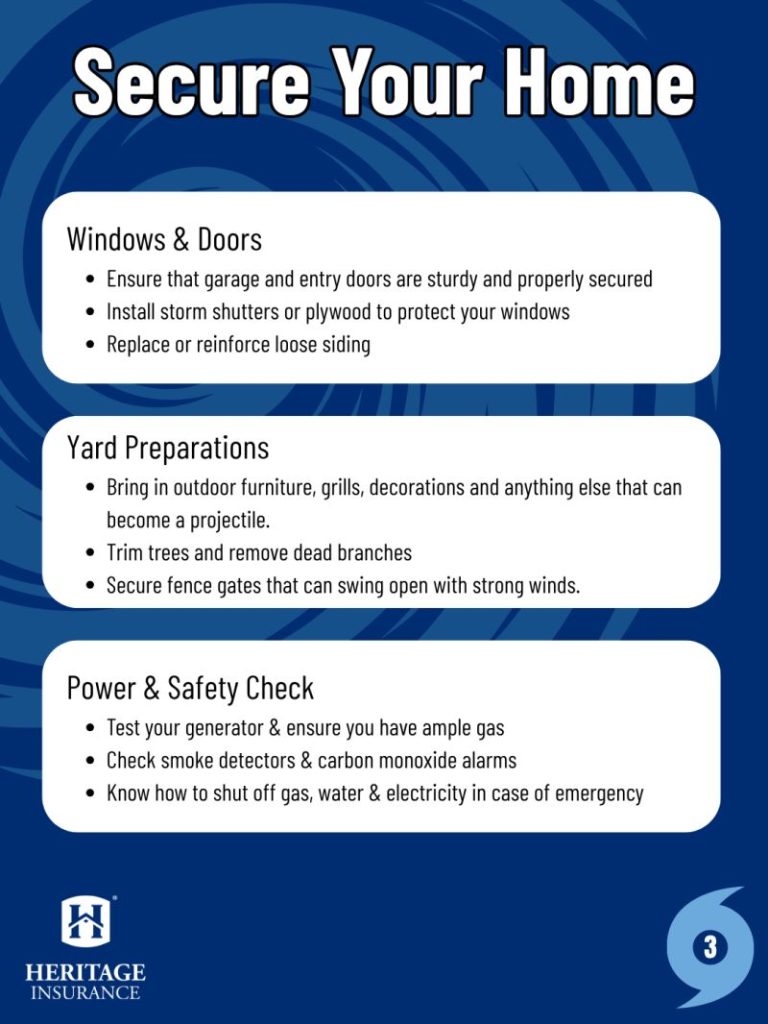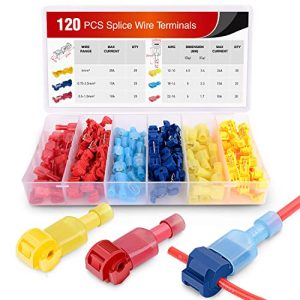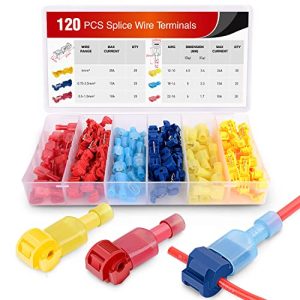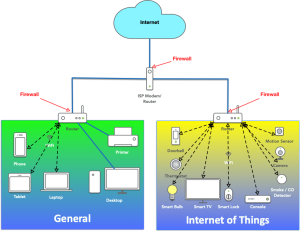Your home should be your safe haven—a place where you feel protected and at ease. But how sure are you that your home is truly secure?
Taking simple, effective steps can make a huge difference in keeping your family and belongings safe. You’ll discover easy-to-follow tips that anyone can use to strengthen home security right now. Ready to take control and protect what matters most? Let’s dive in and make your home a fortress you can trust.
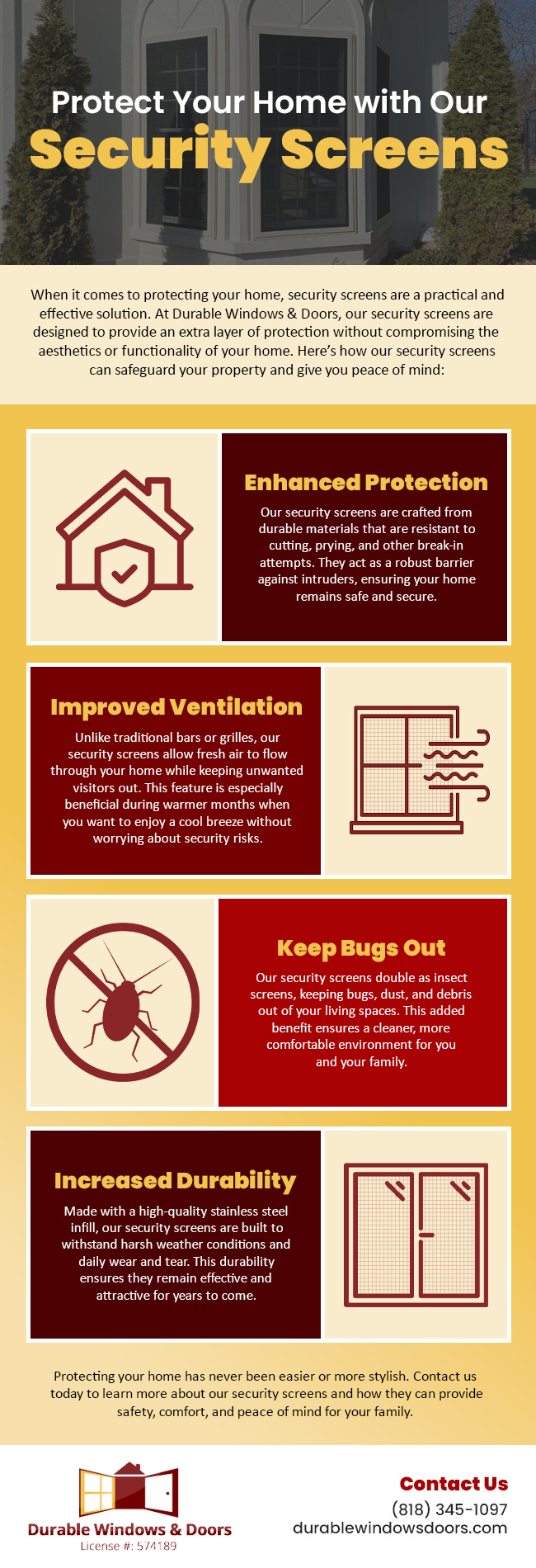
Credit: durablewindowsdoors.com
Assessing Home Security Risks
Assessing home security risks is the first step to protect your property and family. It helps spot weak spots that burglars might target. Understanding these risks guides you to make smart security choices. This process involves checking your home’s entry points, studying your neighborhood, and thinking about your family’s daily habits.
Identifying Vulnerable Entry Points
Look at all doors and windows. Check if locks are strong and work well. Sliding doors and basement windows often get overlooked. Garage doors can be easy targets without proper security. Don’t forget about pet doors or hidden side entrances. These spots can let intruders enter quietly.
Evaluating Neighborhood Safety
Know the crime rate in your area. Talk to neighbors about recent incidents. Watch for poorly lit streets or empty lots. Neighborhood watch programs can add safety. Consider how close police and fire stations are. A safe neighborhood reduces the chance of home break-ins.
Considering Family Lifestyle
Think about your family’s daily routines. Do kids come home alone? Are you often away for work or travel? Pets can alert to strangers but may not stop intruders. Visitors and deliveries create more foot traffic. Tailor security to fit how your family lives and moves.
Strengthening Doors And Windows
Strengthening doors and windows is key to improving home security. These points of entry are common targets for intruders. Making them tougher to break into helps protect your family and belongings. Simple upgrades can make a big difference.
Choosing Secure Locks
Pick locks that resist picking and bumping. Deadbolt locks with a minimum 1-inch throw bolt add strength. Look for locks with a high security rating. Reinforce strike plates with long screws that reach the wall frame. Double cylinder locks add extra safety for doors with glass nearby.
Installing Reinforced Doors
Use solid core or metal doors instead of hollow ones. Reinforce door frames with metal or heavy-duty wood. Add a door jamb reinforcement kit to prevent kick-ins. Use hinges with non-removable pins to stop removal from outside. Install a peephole or door viewer to see visitors safely.
Using Window Security Film
Window security film strengthens glass and holds shards in place. It slows down or stops break-ins through windows. Apply it on both fixed and sliding windows. Choose film with shatter-resistant properties and UV protection. This upgrade keeps windows intact and prevents easy entry.
Installing Security Systems
Installing security systems strengthens home protection by detecting intruders early. Choose easy-to-use devices like cameras and alarms to monitor your property effectively. Proper setup ensures peace of mind and reduces risks.
Installing a security system is essential to protect your home. It acts as a deterrent to intruders and provides peace of mind. With various options available, you can choose one that fits your needs and budget. Here’s a closer look at key components of a home security system.Selecting Alarm Systems
Choose an alarm system that suits your home’s layout. Wired systems are reliable but may require professional installation. Wireless alarms are easier to install and flexible. Consider systems with loud sirens to alert you and your neighbors. Some alarms connect directly to emergency services. Compare features and prices before deciding.Using Surveillance Cameras
Surveillance cameras are crucial for monitoring. Place them at key points like entrances and exits. Opt for cameras with night vision and motion detection. These features enhance security during nighttime. Wireless cameras offer flexibility and easy installation. Consider cloud storage for video footage access anytime.Integrating Smart Home Security
Smart home security offers control at your fingertips. Connect security devices to your smartphone for remote access. Use smart locks for keyless entry and enhanced safety. Smart alarms notify you instantly of any breaches. Integrate systems for seamless operation and efficiency. This makes managing your home’s security more convenient.
Credit: www.instagram.com
Improving Outdoor Safety
Improving outdoor safety is a key part of protecting your home. Dark areas around your property can hide dangers. Well-lit and clear outdoor spaces make it harder for intruders to approach unnoticed. Simple changes outside can boost your home’s security significantly.
Adding Motion Sensor Lights
Motion sensor lights switch on when they detect movement. They surprise anyone walking near your home. These lights cover dark spots and entrances. Bright flashes can stop intruders before they try to enter. Choose lights with adjustable sensitivity and timers. Install them near doors, windows, and pathways for best results.
Maintaining Landscaping
Keep bushes and trees trimmed around your home. Overgrown plants can hide people or objects. Clear sightlines improve visibility and reduce hiding spots. Cut back branches near windows and doors. Use thorny plants under windows to deter intruders. A neat yard signals that someone cares for the property.
Securing Garages And Sheds
Garages and sheds often store valuable tools and equipment. Lock doors with strong, reliable locks. Use padlocks or deadbolts for extra security. Keep these structures well-lit and visible from the house. Check for gaps or weak spots where someone could enter. Secure windows with bars or locks if possible.
Practicing Safe Habits
Practicing safe habits is a crucial part of securing your home. Even the best locks and alarm systems can be ineffective if you don’t follow consistent safety routines. Small daily actions can make a big difference in keeping your home and loved ones safe.
Locking Up Consistently
Do you lock your doors every time you leave, even if it’s just for a few minutes? Many people skip this step, thinking it’s unnecessary, but unlocked doors are an open invitation to trouble. Make it a habit to double-check all entry points before stepping out or going to bed.
Keep your keys handy so you’re not tempted to leave doors unlocked. Installing automatic locks can also help you maintain this habit without extra effort.
Managing Spare Keys
Where do you keep your spare keys? Hiding them under a doormat or flowerpot is predictable and risky. Instead, consider giving a spare key to a trusted neighbor or friend you can count on.
If you must hide a key, choose a discreet spot and change it regularly. Avoid labeling keys with your address or name to prevent easy identification by strangers.
Being Cautious With Social Media
Do you share your vacation plans or daily routines online? Posting real-time updates can alert criminals that your home is empty. Try to delay sharing such information until after you return.
Review your privacy settings and think twice before revealing details that might compromise your security. Remember, your online habits can impact your home’s safety just as much as physical precautions.
Preparing For Emergencies
Emergencies can strike without warning, leaving you vulnerable if you’re not prepared. Taking time to get ready can make a huge difference in how safely and calmly you respond. Think about your home and family—are you truly ready to act fast and stay protected?
Creating A Safety Plan
A clear safety plan helps everyone in your household know exactly what to do during an emergency. Sit down together and map out escape routes from every room. Identify meeting spots outside your home where you can regroup safely.
Practice the plan regularly so it becomes second nature. Include plans for different scenarios like fire, break-ins, or severe weather. Have a checklist of essential items to grab quickly—like medications, IDs, and important documents.
Keeping Emergency Contacts
Keep a list of emergency contacts in easy-to-find places around your home. Include phone numbers for local police, fire department, poison control, and trusted neighbors. Don’t forget family members and close friends who can help in a crisis.
Make sure everyone in your family has this list stored on their phones and knows where to find the physical copy. Update it regularly to avoid outdated information. How quickly could you reach someone if your phone battery died?
Using Safe Rooms
Designate a safe room in your home where you and your family can shelter during dangerous situations. This room should have a sturdy door, minimal windows, and preferably a lock. Stock it with emergency supplies like water, snacks, flashlights, and a first aid kit.
Think about adding a communication device like a charged phone or a two-way radio. A safe room isn’t just for intruders—it can also offer protection during storms or other hazards. Have you identified a spot that offers the best protection and comfort for your family?
Credit: www.police.gov.hk
Frequently Asked Questions
How Can I Improve Home Security Quickly?
Start by installing strong locks on all doors and windows. Use motion sensor lights outside. Secure your Wi-Fi network to prevent hacking. These steps create immediate barriers against intruders and improve overall home safety.
What Are The Best Locks For Home Doors?
Deadbolt locks are highly recommended for exterior doors. Choose Grade 1 or Grade 2 locks for better security. Smart locks add convenience and control via smartphones. Combining different lock types enhances protection against break-ins.
How Do Security Cameras Help Protect My Home?
Security cameras deter burglars by increasing surveillance visibility. They provide real-time monitoring and record footage for evidence. Modern cameras offer remote access through apps, improving response time and peace of mind.
Should I Use A Home Security System?
Yes, home security systems offer comprehensive protection with alarms and monitoring. They alert you and authorities during emergencies. Many systems integrate with smart devices for easy control and enhanced safety.
Conclusion
Securing your home protects your family and belongings. Start with strong locks and good lighting. Use alarms and cameras to watch for trouble. Keep doors and windows closed and locked. Talk to neighbors about neighborhood safety. Small steps can make a big difference.
Stay alert and update your security often. Peace of mind is worth the effort. Your home should feel safe every day.


